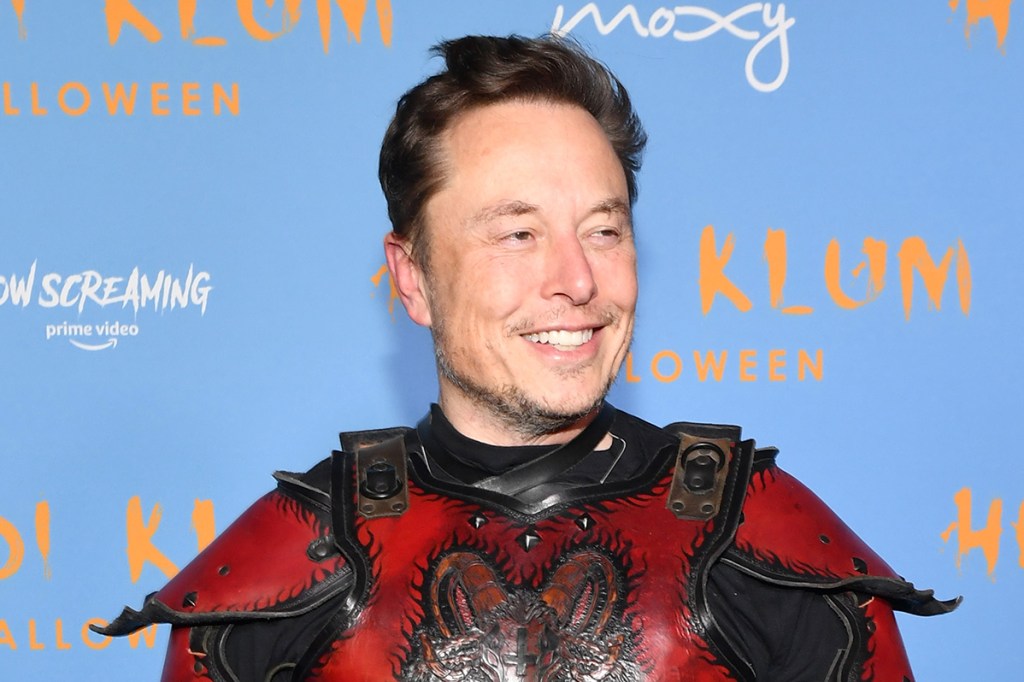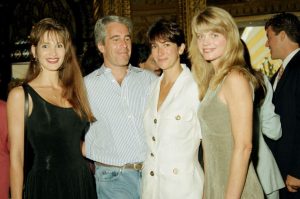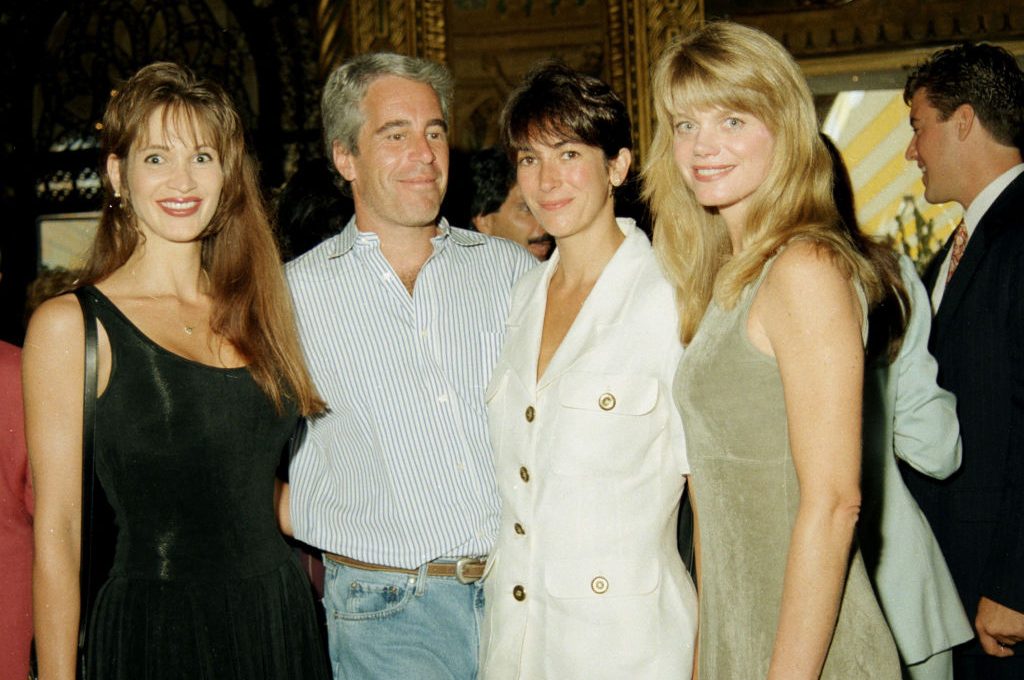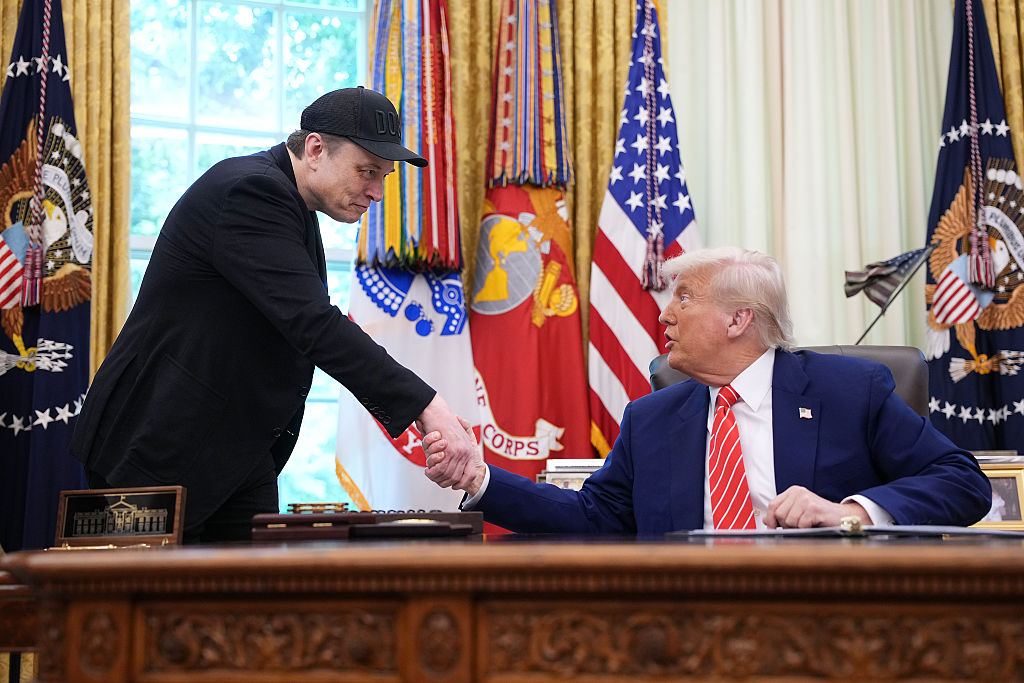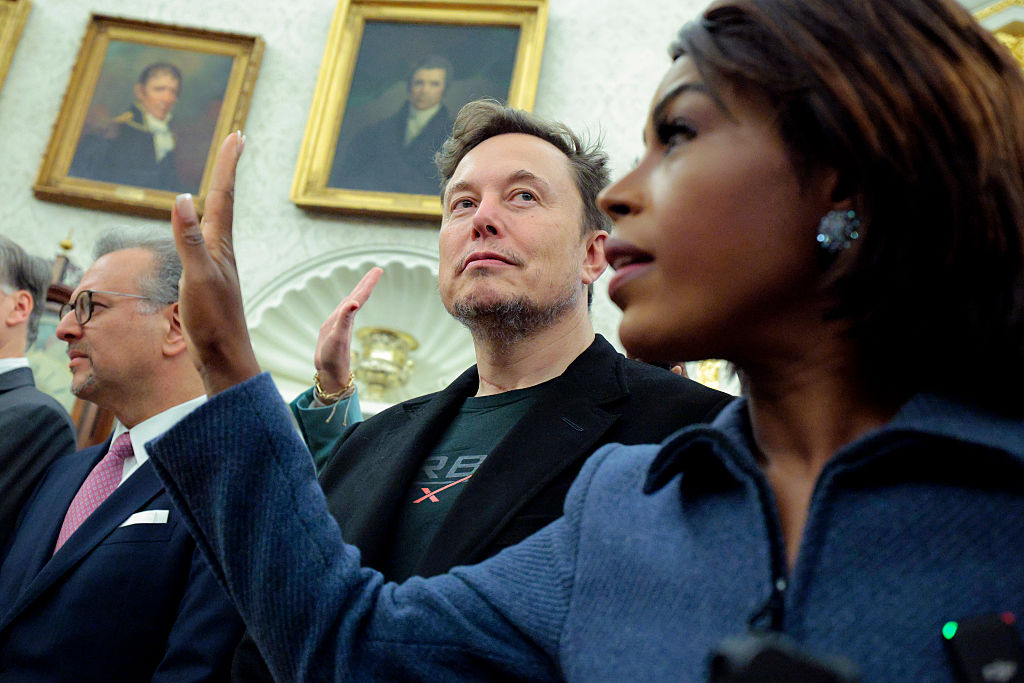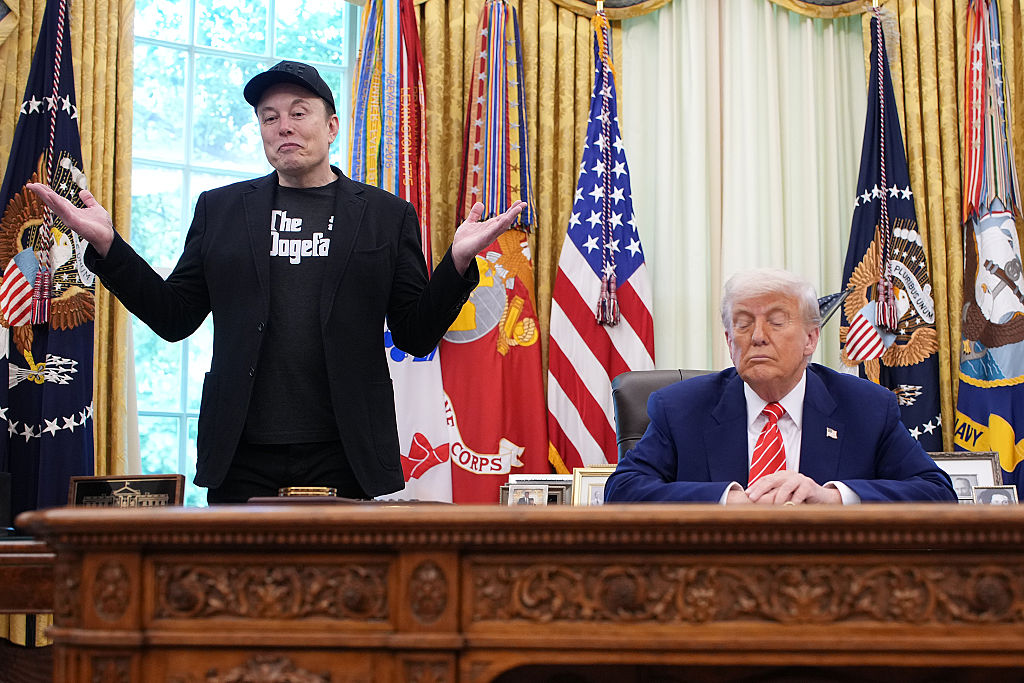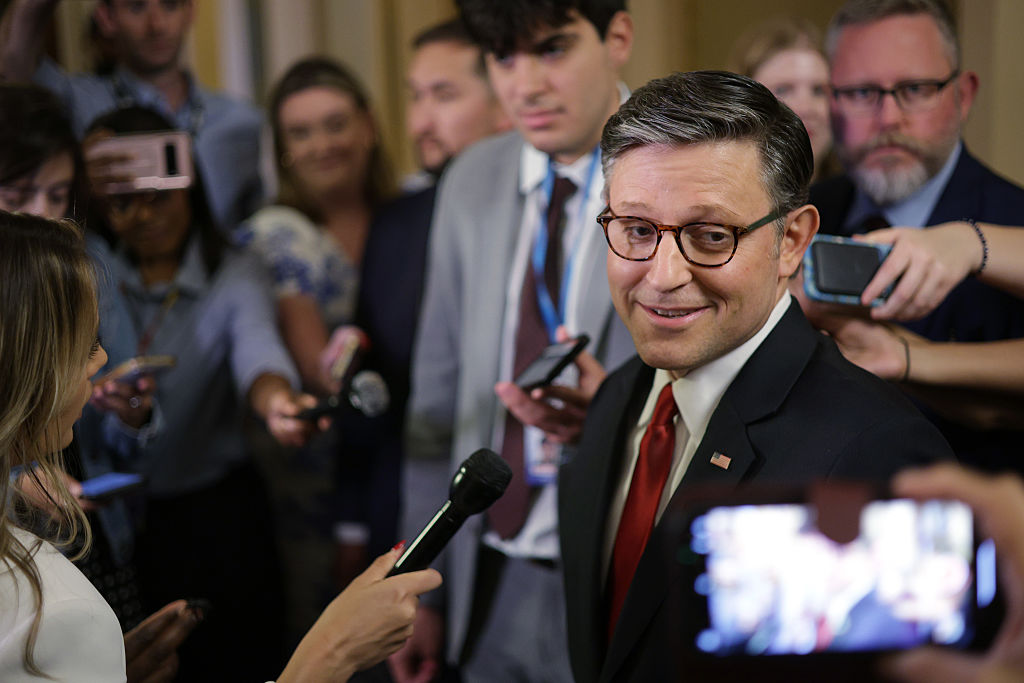Since Elon Musk’s takeover of Twitter, the script has been flipped. Pontificators at all points of the ideological spectrum are spinning to figure out what his intentions are with the platform and how that pertains to platform moderation going forward. Musk is seemingly making up Twitter policy on the spot by tweet — and then asking his team to come up with a justification post-tweet. This has happened on several occasions.
His actions all came to a head Thursday night when Twitter, apparently under the direct instruction of Musk, suspended the accounts of several high-profile journalists from the New York Times (Ryan Mac), the Washington Post (Drew Harwell), the Intercept (Micah Lee), Mashable (Matt Binder), Voice of America (Steve Herman) and CNN (Donie O’Sullivan). The reasoning Musk gave was his own questionable definition of personal “doxxing,” after these users linked to another since-banned account called @elonjet, which posted FAA flight tracking information of Musk’s personal plane.
Musk also suspended the Twitter account of the German social media platform Mastodon, where the now temporarily suspended journalists were linking to ElonJet, seemingly in an act of defiance against Musk. Twitter prevented anyone linking to the Mastodon site itself, issuing a message reminiscent of previous Twitter Trust and Safety actions during the banning of the New York Post’s Hunter Biden stories.
Musk had said before that he would not ban the ElonJet account, tweeting in November that, “My commitment to free speech extends even to not banning the account following my plane, even though that is a direct personal safety risk.”
Apparently that all changed after an incident involving one of his children in Los Angeles. Musk claimed a vehicle with his son was being followed by a driver in black-bloc antifa attire and posted the driver’s license plate on Twitter. Shortly after the incident, Twitter policy was updated to include account suspension for the real-time tracking of individuals. Twitter has suspended an account that tracks helicopter traffic over Washington DC and the other accounts run by Jack Sweeney, most of which also track aircraft via publicly available FAA data.
The mass banning of journalist accounts was met with an overdose of Schadenfreude on the online right, who pointed out, correctly, that previous Twitter ownership would also simply ban accounts on their own personal and political whims. But Musk purported to be committed to an open speech platform and promised more in the way of transparency with such policies. That doesn’t seem to be the case — entire platform policy looks as though it’s being implemented and shaped by Musk’s emotions, changing by the moment according to his own personal circumstances.
Needless to say this is not a coherent way to moderate content on one of the most publicly used online communication platforms on the planet. Musk is using the same clouded definition of “safety” to justify account suspension that former head of Twitter Safety Yoel Roth did when barring or suppressing accounts he and Twitter’s leadership considered to be problematic. This is still not a free speech issue, even though Musk himself has claimed the mantle of “pro-free speech warrior” in the past. Despite Musk’s acquisition, Twitter remains a private platform and Musk can do what he sees fit with it.
But giving leverage to some of his worst critics in media, and furthering an antagonistic relationship, seems to serve him and only him. While Musk rightfully must consider his own personal safety and that of his family given the elevation of his status, using Twitter as his personal celebrity enforcement mechanism has no good outcomes for anyone — in particular the transparency advocates on the right who have come to worship him.



